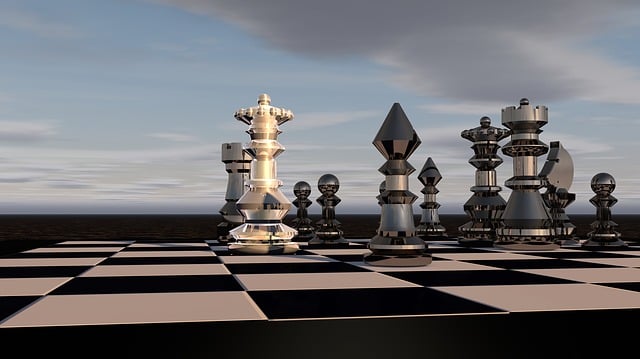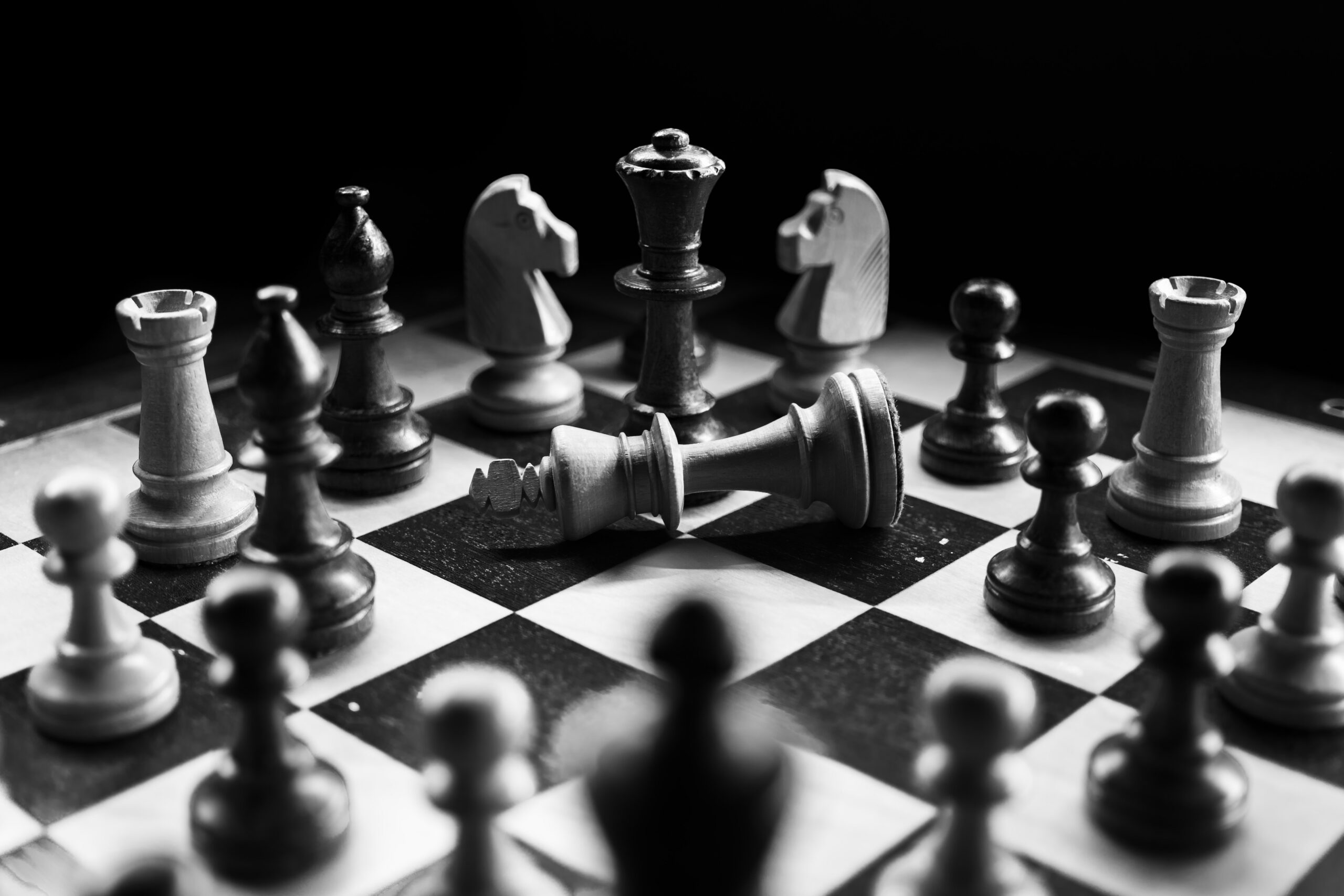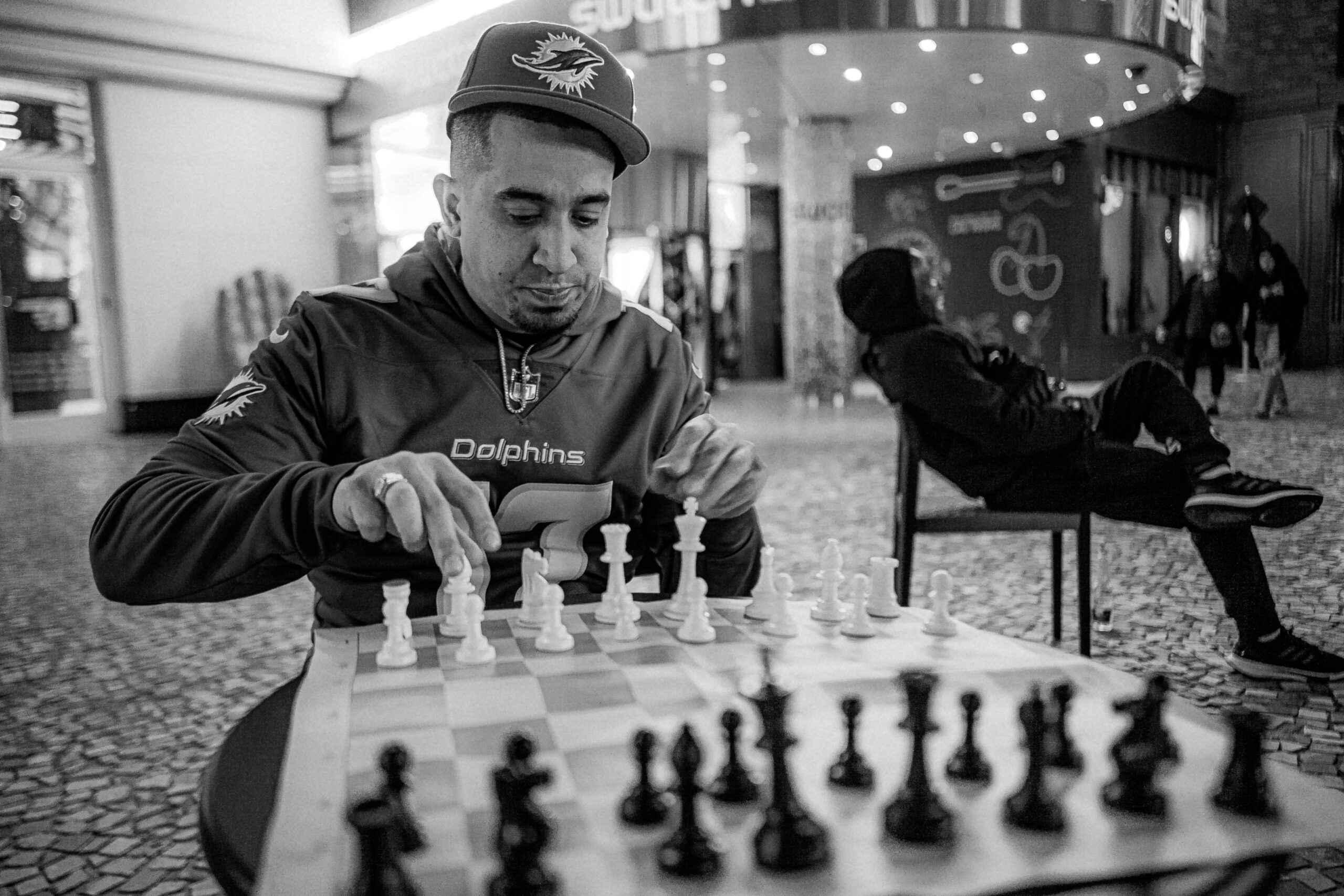Chess is a timeless game that has captivated minds for centuries. Whether you’re a beginner or an experienced player, the journey to mastering chess is a rewarding and exhilarating one. In this article, we will explore essential skills, strategies, and tips that can help you elevate your chess game to new heights.
From improving your tactical awareness to developing a strong understanding of openings, middlegame, and endgame, we will cover key areas that will sharpen your chess acumen. So, let’s dive in and unlock the secrets to becoming a true chess master.
What are the essential skills needed to master chess?
To master chess, certain skills are essential. Firstly, a strong understanding of the rules, piece movement, and board setup is fundamental. Additionally, developing tactical awareness and pattern recognition is crucial for identifying opportunities and executing winning combinations.
Furthermore, honing strategic thinking, calculation abilities, and positional understanding will enhance your decision-making process. Lastly, cultivating patience, perseverance, and a growth mindset are essential traits that will contribute to your long-term progress in chess.
How can you improve your chess strategy and planning?

Chess strategy and planning involve formulating long-term goals and developing a roadmap to achieve them. Start by analyzing the position and identifying imbalances. Assess the strengths and weaknesses of both your own pieces and your opponent’s.
Then, create a plan based on those assessments, considering factors like piece activity, king safety, pawn structure, and the overall position on the board. Regularly practicing visualization and calculating variations will help you evaluate the consequences of different moves and make informed strategic decisions.
What are the best ways to study chess openings?
Mastering chess openings requires a combination of theoretical knowledge and practical experience. Begin by understanding the basic principles of openings, such as controlling the center, developing your pieces, and ensuring king safety.
Explore different opening systems and choose those that align with your playing style. Study annotated games, chess books, and online resources to grasp the strategic ideas behind each opening. Regularly analyze your own games and learn from your mistakes to improve your opening repertoire.
How do you develop a strong middlegame in chess?

The middle game is a critical phase where plans are executed, and tactical battles unfold. To strengthen your middlegame play, focus on piece coordination and activity. Look for opportunities to create threats, initiate pawn breaks, and exploit weaknesses in your opponent’s position.
Developing a deep understanding of typical middlegame themes, such as pawn structure dynamics, piece mobility, and king safety, will enhance your decision-making. Regularly solving tactical puzzles and studying master games will sharpen your tactical awareness and help you navigate complex middlegame positions.
What are the key principles for successful endgame play?
The endgame is a phase where accurate calculation and precise technique can make all the difference. Key principles include centralizing the king, active piece play, pawn promotion, and creating mating nets.
Understanding basic endgame principles like opposition, zugzwang, and the square rule will give you a competitive edge. Studying classic endgame positions, such as king and pawn endgames or rook endgames, will deepen your understanding and improve your ability to convert advantages into wins.
How can you enhance your chess visualization and calculation abilities?

Visualization and calculation are crucial skills that allow you to mentally explore and evaluate moves and variations. Regularly solving tactical puzzles and engaging in blindfold chess exercises will enhance your visualization skills.
When calculating, break down complex positions into smaller parts and evaluate each step systematically. Develop your ability to foresee potential threats, combinations, and positional advantages by regularly practicing calculation exercises and analyzing your thought process in critical positions.
What are the most effective tactics and combinations in chess?
Tactics and combinations are essential weapons in a chess player’s arsenal. Being proficient in tactics will allow you to seize opportunities and exploit weaknesses in your opponent’s position. Study different tactical motifs such as pins, forks, skewers, and discovered attacks.
Regularly solving tactical puzzles and reviewing annotated games will help you recognize patterns and improve your tactical vision. Understanding the principles behind successful combinations, such as piece coordination and exploiting weak squares, will enable you to unleash devastating attacks on the chessboard.
Comparison of Chess Training Methods
| Training Method | Description | Pros | Cons |
|---|---|---|---|
| Solving Puzzles | Engaging in puzzle-solving exercises | Sharpens tactical awareness | Limited impact on overall strategy |
| Playing Games | Actively participating in chess games | Practical application of knowledge | Lack of time for in-depth analysis |
| Analyzing Games | Reviewing and analyzing your own games | Identifies mistakes and patterns | Time-consuming process |
| Studying Masters | Studying games played by chess masters | Deepens understanding of strategy | May require advanced analysis skills |
| Seeking Guidance | Receiving feedback from experienced players | Provides personalized insights | Dependency on availability of mentors |
Note: The table above provides a comparison of various chess training methods, outlining their respective pros and cons. It aims to assist readers in choosing the most suitable approach based on their individual preferences and goals.
How do you sharpen your positional understanding in chess?
A strong positional understanding enables you to make strategic decisions based on the position’s characteristics rather than relying solely on tactical considerations. Study classic games played by positional masters like Capablanca and Karpov to grasp the subtleties of maneuvering and piece placement.
Learn about strategic concepts like pawn structure, piece activity, and the importance of open files and diagonals. Regularly analyze your own games to identify and learn from positional mistakes or missed opportunities.
What are the benefits of analyzing your own chess games?
Analyzing your own games is a powerful tool for improvement. It allows you to identify recurring mistakes, missed opportunities, and patterns in your play. By understanding your strengths and weaknesses, you can focus on specific areas for improvement.
Use chess engines and analysis tools to assist in uncovering critical moments and alternative moves. Pay attention to time management, decision-making process, and evaluation of key positions. Self-analysis is an invaluable learning process that fosters growth and helps you refine your chess skills.
How can you improve your chess intuition and decision-making?
Chess intuition is the ability to make accurate and instinctive decisions based on experience and pattern recognition. To improve your chess intuition, immerse yourself in chess study and actively play games against opponents of various skill levels.
Analyze master games to develop a sense of typical moves and strategic ideas. Continuously seek to understand the reasoning behind moves and evaluate their long-term consequences. Over time, your intuition will become more refined, allowing you to make informed decisions even in complex positions.
What are the recommended resources for learning chess theory?
There is a wealth of resources available to help you learn and deepen your understanding of chess theory. Chess books, both classic and modern, provide in-depth explanations of various concepts and openings. Online platforms offer interactive lessons, puzzles, and videos taught by grandmasters.
Chess software and databases allow you to study master games, analyze positions, and practice against chess engines. Joining a chess club or community can provide opportunities for friendly competition and learn from experienced players. Experiment with different resources to find the ones that resonate with your learning style.
How do you stay focused and avoid blunders in chess?
Maintaining focus and minimizing blunders is essential for consistent performance in chess. Develop a routine before games to calm your mind and enhance concentration. Avoid distractions and create a conducive environment for playing.
Take your time to evaluate each move carefully, considering both tactical and strategic aspects. Regularly practice time management to ensure you have sufficient time to think through critical positions. Analyze your blunders to identify patterns and work on specific areas that need improvement.
What are the advantages of playing against stronger opponents?
Playing against stronger opponents provides valuable learning opportunities. It exposes you to higher levels of play, challenging you to think deeper and make better decisions. Facing stronger opposition allows you to identify weaknesses in your game and areas for improvement.
Analyze your games against stronger opponents, seeking guidance from more experienced players or coaches to gain insights into alternative approaches and strategies. Embrace the learning experience and view losses as stepping stones to growth and improvement.
- Practice regularly: Consistent practice is key to mastering chess. Set aside dedicated time each day or week to engage in chess-related activities, such as solving puzzles, playing games, or studying strategic concepts.
- Analyze your games: Reviewing your own games allows you to identify mistakes, missed opportunities, and patterns in your play. It provides valuable insights for improvement and helps you identify areas to focus on in your training.
- Study classic games: Dive into the rich history of chess by studying games played by renowned chess masters. Analyze their moves, strategies, and decision-making process to gain a deeper understanding of positional play and tactical maneuvers.
- Play against different opponents: Playing against a variety of opponents with different skill levels challenges you to adapt your strategies and exposes you to different playing styles. It broadens your experience and helps you develop a versatile playing approach.
- Seek guidance from experienced players: Engage with more experienced players or coaches who can provide valuable feedback, offer insights into your gameplay, and suggest areas for improvement. Their guidance can significantly accelerate your progress.
How can you effectively manage your time in chess games?
Time management is crucial in chess, as each move counts against the clock. Develop a sense of time allocation based on the complexity of the position. Use your time wisely by prioritizing critical moments and focusing on key decisions.
Avoid unnecessary time-consuming calculations for straightforward moves. Regularly practice playing with time controls to improve your efficiency and decision-making under time pressure. Strive for a balance between thoughtful analysis and maintaining a reasonable pace to maximize your performance.
What are the secrets to maintaining mental resilience and confidence in chess?
Chess can be mentally challenging, and maintaining resilience and confidence is crucial for success. Develop a positive mindset and believe in your abilities. Embrace losses as opportunities for growth and learning. Regularly engage in activities that promote mental well-being, such as exercise, meditation, and relaxation techniques.
Surround yourself with a supportive chess community that encourages and motivates you. Celebrate your achievements, no matter how small, and set realistic goals to measure your progress. Remember, resilience and confidence are as important as the moves on the board.
In drawing to a close,
In the pursuit of mastering chess, it is crucial to develop essential skills such as understanding the rules, piece movement, and board setup. Furthermore, honing strategic thinking, calculation abilities, and positional understanding will enhance your decision-making process. Studying chess openings, developing a strong middlegame, and mastering endgame principles are also vital steps on your chess journey.
Enhancing visualization and calculation abilities, recognizing tactics and combinations, and sharpening positional understanding will further elevate your game. Analyzing your own games, improving intuition and decision-making, and exploring recommended resources will contribute to your growth as a chess player.
Effective time management, mental resilience, and confidence are additional ingredients for success. With dedication, practice, and a thirst for knowledge, you can embark on a journey to become a true chess master. So, get ready to immerse yourself in the world of chess and unleash your inner grandmaster.




